Are you a foodie? Do you want to start a food blog? Today, you will learn how to become a food blogger.
Today, I am sharing an interview I did with Sarah and Laura from Wandercooks, a food blog with over 5,000,000 annual views. They created their blog to inspire readers with fresh new food ideas gathered from their favorite Asian, European and Australian cuisines.
Wandercooks is a food blog that currently earns $150,000AU (around $110,000 US Dollars), with just part-time hours.
In today’s interview, questions answered include:
- What is a food blogger?
- How much money can a food blogger make?
- Do food bloggers make money?
- What are the positives of becoming a food blogger?
- Where do food bloggers get their recipes from?
- Where do food bloggers get their traffic and visitors from?
- What equipment is needed to become a food blogger?
- What makes a food blog successful?
Plus more!
Today’s interview will help you get started and perhaps even introduce you to a new way to make money from home.
If you want to start your own food blog and learn how to become a food blogger and get paid, this is a great article to help you get started.
Related content on how to become a food blogger:
- How To Start a Food Blog In Less Than 15 Minutes
- How To Become a Food Blog Photographer And Earn Over $50,000 Each Year
- 10 Ways To Make Money Baking
- How I Make Money Selling Printables On Etsy
- How I Make $2,000+ Monthly Selling Canva Templates
- 29 Best Stay At Home Jobs To Make $40,000+ Each Year
How to become a food blogger
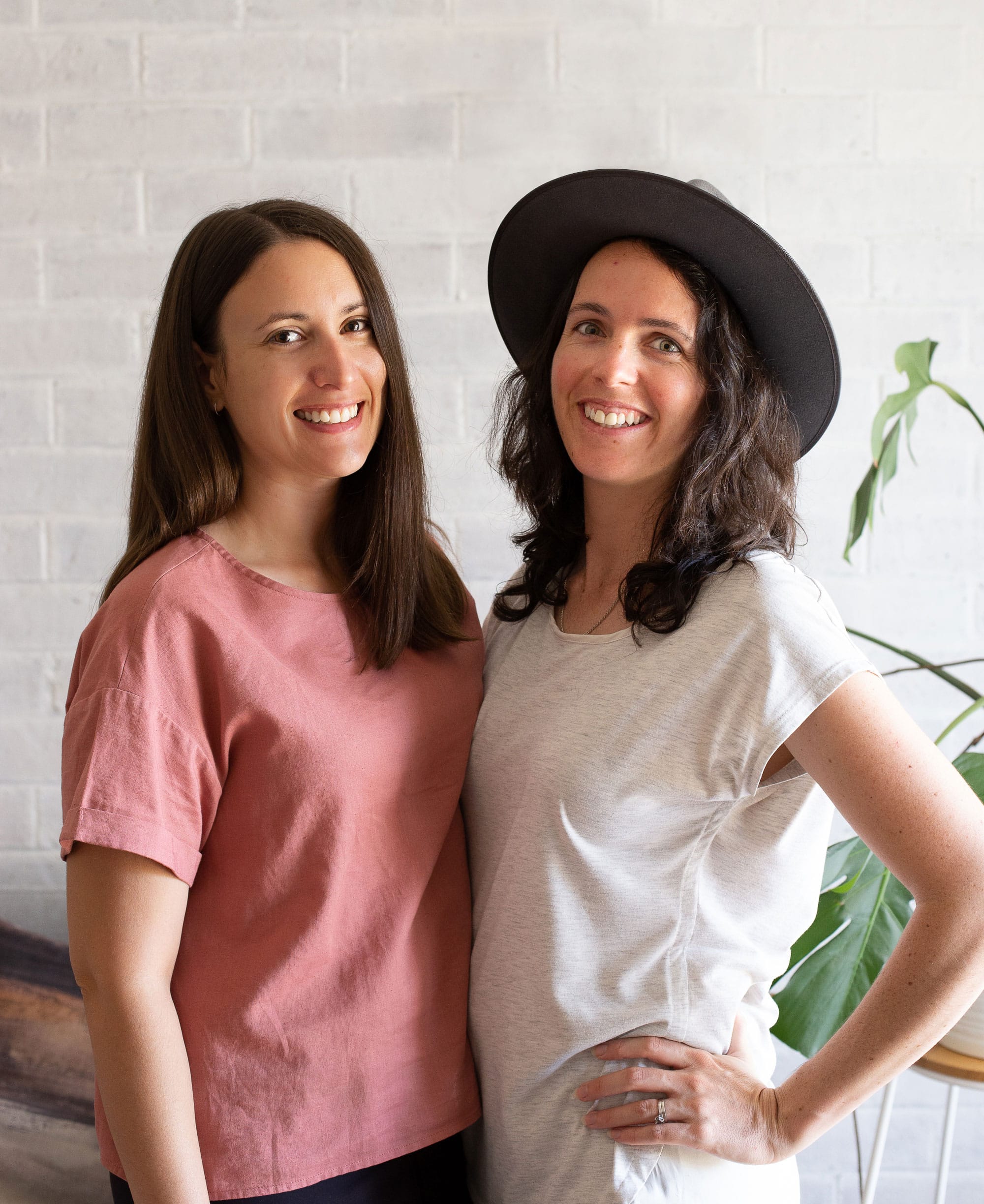
Please give us a little background on yourself and how you got started. How long have you been blogging for?
We’re Sarah and Laura, we’ve been together 8 years, married for the last 2 and blogging for 7!
When we first met, we both had jobs in graphic design and marketing and a love for cooking. We actually set ourselves a challenge of cooking a different meal every night in our first 6 months of living together. It was then a few family and friends mentioned we should start a blog.
Wandercooks began back in 2015 just before we set off around the world for 12 months. We visited 35 countries and over 100 cities, cooking and learning about different cultures and local cuisines as we went.
When we got back home to Australia, we started our own graphic and web design business and had the blog growing alongside it.
We made the leap to go all in with Wandercooks last year in January 2021, when we’d grown it to the point it could support us full time.
Since then, Wandercooks has bloomed to now reach over 5.25 million views annually.
How much money can a food blogger make? How much do you earn?
At the highest end, we know many food bloggers earning well over a million each year.
Wandercooks is currently earning over $150,000AU. This is almost three times the average food blog salary, which currently sits at around $57,000AU according to ZipRecruiter.
One thing we have to take into account though, is our food blog needs to support both of us, not just a single income.
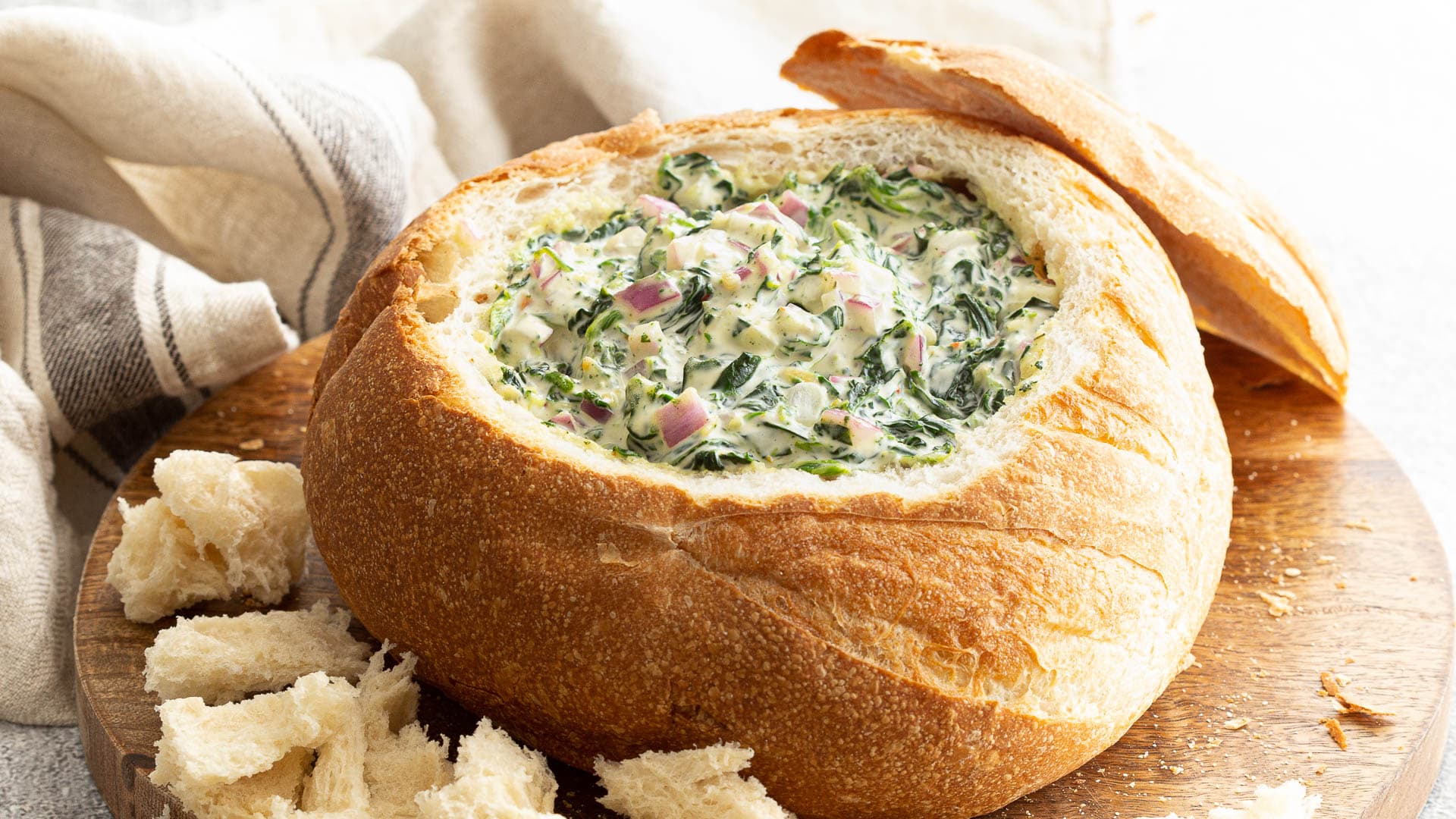
What do you like about being a food blogger?
There’s a few key areas we LOVE about being a food blogger.
- Flexibility of Time – We work when it suits us. That’s currently part time Monday to Friday, so we’re essentially semi-retired. Making sure we have time to spend with family and friends is important to us. It also means we have time for daily walks or getting out in nature and not being behind a screen for hours on end.
- Cooking – While an obvious one, learning cooking as a skill has been even better than we anticipated. Knowing how to put amazing dishes together is a gamechanger – it not only saves us money being able to make restaurant quality meals, but they taste so good sometimes we’ll spend the whole time just nodding in delight to each other – haha!
- Keeps Living Costs Down – Working from home without the need to commute saves us SO much money and time each year. Some items such as phone and internet bills can now be covered under business expenses to save cash there too.
- Upskilling – Blogging requires you to be very well rounded in a diverse range of skills. The same skills can be applied to so many other areas in your life – both personal or for other business opportunities.
- Teaching Others – Being able to teach others the skill of cooking and teaching them about other cultures is so fulfilling. Their excitement and delight at making their own meals never gets old!
- Enabling Us to Travel from Our Own Kitchen – While we haven’t been able to travel lately, it’s been great recreating dishes from our favourite places around the world and reliving the memories in the meantime.
- Supporting Our FIRE Goals – We are currently using the extra income from our blog to put towards our FIRE goals of paying off our mortgage and living off passive income.
Where do you get your recipes from?
Great question. Majority of recipes we’ve learnt or discovered along our many travel adventures.
This was usually done through a mix of couchsurfing (or cooksurfing as we liked to call it) where we’d stay with locals and often cook them a dish from Australia, then they’d cook and teach us one of their favourite dishes.
Most of our Australian recipes such as pavlova and curried sausages come from dishes we’ve grown up with and learnt from our Mums.
Others still are adaptations where our 7 years experience in recipe development allows us to research and improve recipes before putting together our unique take on a dish. As we cook a wide variety of cuisines, we often look at areas of the recipe we can simplify or adapt such as easier techniques, ingredients, modern equipment or substitutes to appeal to our audience.
What exactly is a food blogger? Can you go more in depth on the type of blog posts that you write?
A typical food blog will have a particular niche of recipes that appeals to a certain group of people. This could be anything from certain cuisines like ours to dietary related (think vegan or keto) or even blogs for certain appliances (like Instant Pot or air fryer).
The focus is majority on recipe posts – this would usually account for over 90% of food blog content on average.
Other post types can include round ups (also known as listicles) where there might be 10 recipe ideas for using up a particular ingredient like cream or egg whites etc.
Finally, basics or informative posts might be an in depth write up on a particular ingredient or technique. An example of this is our post on teaching three ways to cook sushi rice.
How do you make money as a food blogger? Sponsored posts? Display ads? Affiliate marketing?
Currently, the majority of our income is from display ads, followed by affiliate marketing through Amazon, ebooks and the occasional sponsored post.
While display ads are the most popular among food bloggers, it’s important to diversify your income and not put all your eggs in one basket.
For example, income from display ads can be cyclical and seasonal – so this means you may earn the most in December, then it can drop to around HALF of those earnings in January, so it’s important to be prepared or have other streams supporting you during the lower months.
Other income ideas can include online courses, products, workshops, live events, freelancing your video / photography skills or earning social media income from platforms like TikTok, Instagram and YouTube.
How do you get readers and traffic to your blog?
We have built up our readers through using our keyword research system (search engines) for food bloggers from our Eat Your Words ebook.
Before we did keyword research, we would post any recipes that came to mind and our traffic hovered around 70,000 pageviews a month. Then we discovered keyword research. We overhauled ALL of our posts and grew our traffic 600% in 2 years to now reach over 600,000 pageviews a month!
If we ever started a new blog again – keyword research would be at the top of our list! It helps us to select recipes that we both know our readers will enjoy AND people are actually searching for in Google as well.
Of course, while keywords can help grow organic traffic, it’s not everything.
Writing for the reader is just as important. When people land on your site – you want them to actually enjoy and learn from the content they’re reading so they come back.
Our aim is to make sure anyone cooking our recipes makes it right every single time. So the posts are chock full of information – they include tips, variations, substitutes, process shots and a video of making the dish. Everything they need is there.
What makes a food blog successful?
Keeping in mind your readers are number 1. Every comment you get is an opportunity to helping and engage with your readers. You get to learn the areas of cooking that are the most difficult for them, or shortcuts they love. Everything you learn from conversations helps you to then provide better recipes and content.
Consistency and hard work are next. To grow your audience, you need content! This can only happen once you understand what to do, and keep doing it! Showing up week in, week out sets an expectation for your readers, but it also keeps your skills up along the way. That way the content you put out is the best in its selected topic. If hundreds of other people have done the same recipe – what sets yours apart?
Finally, it’s about the intentionality of your work. We’re continuously refining, what we call 1% improvements each day. That way you’re working smarter, not harder. Focus on each improvement before moving on. For us, our best example was learning keyword research which allowed the blog to now support us full time.
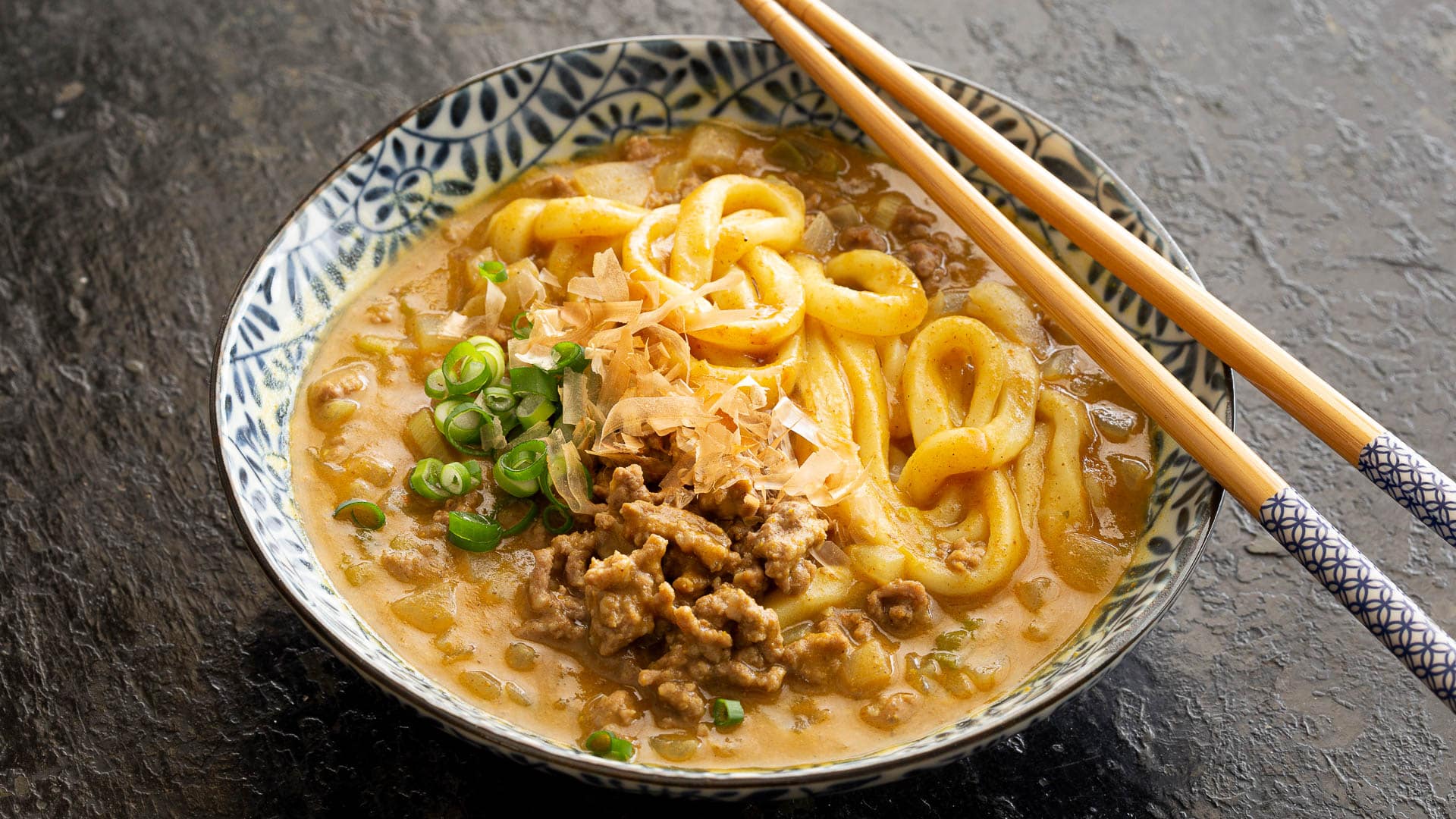
What tools or equipment does a food blogger need?
While there are a few things that can help you along your blogging journey, these have made the most impact on our growth:
- Camera: We use a Canon 6D with a 100mm Macro and 50mm lens for the majority of our food photography shoots.
- Phone: Currently using my Google Pixel 3 with the Cinema FV-5 app to shoot our “hands and pans” overhead recipe videos.
- Website Hosting: Good website hosting makes all the difference. Current popular hosts for a food blog are BigScoots and WPOpt.
- Courses and Ebooks: These resources can really shortcut the info needed to round out all the skills required to be a food blogger.
- Photography – Two Loves Studio Courses
- Keyword Research – Eat Your Words
- Pinterest – Pinterest Made Easy
- Food Blogging in General – Food Blogger Pro
What are some other tips for starting a food blog?
Be proactive and learn everything you can.
Unless you’re outsourcing from the start, you need to wear many hats. Writer, photographer, videographer, recipe developer, social media manager, business manager, project manager, website and graphic designer. Sometimes you’ll be all of those in one day – so take the time to break down each of those roles and find out what that looks like for you.
You’ll learn what you love, what you’re good at and what you hate very quickly. This helps to build out what you can do then outsource when you’re ready to balance the load of work with your growth.
For us, that was taking on tech support for the site to make tweaks that go beyond our knowledge or taking on a virtual assistant to help manage our socials as required.
Do you want to learn how to become a food blogger?
How To Start A Blog Free Email Course
Want to see how I built a $5,000,000 blog?
In this free course, I show you how to create a blog easily, from the technical side all the way to earning your first income and attracting readers. Join now!
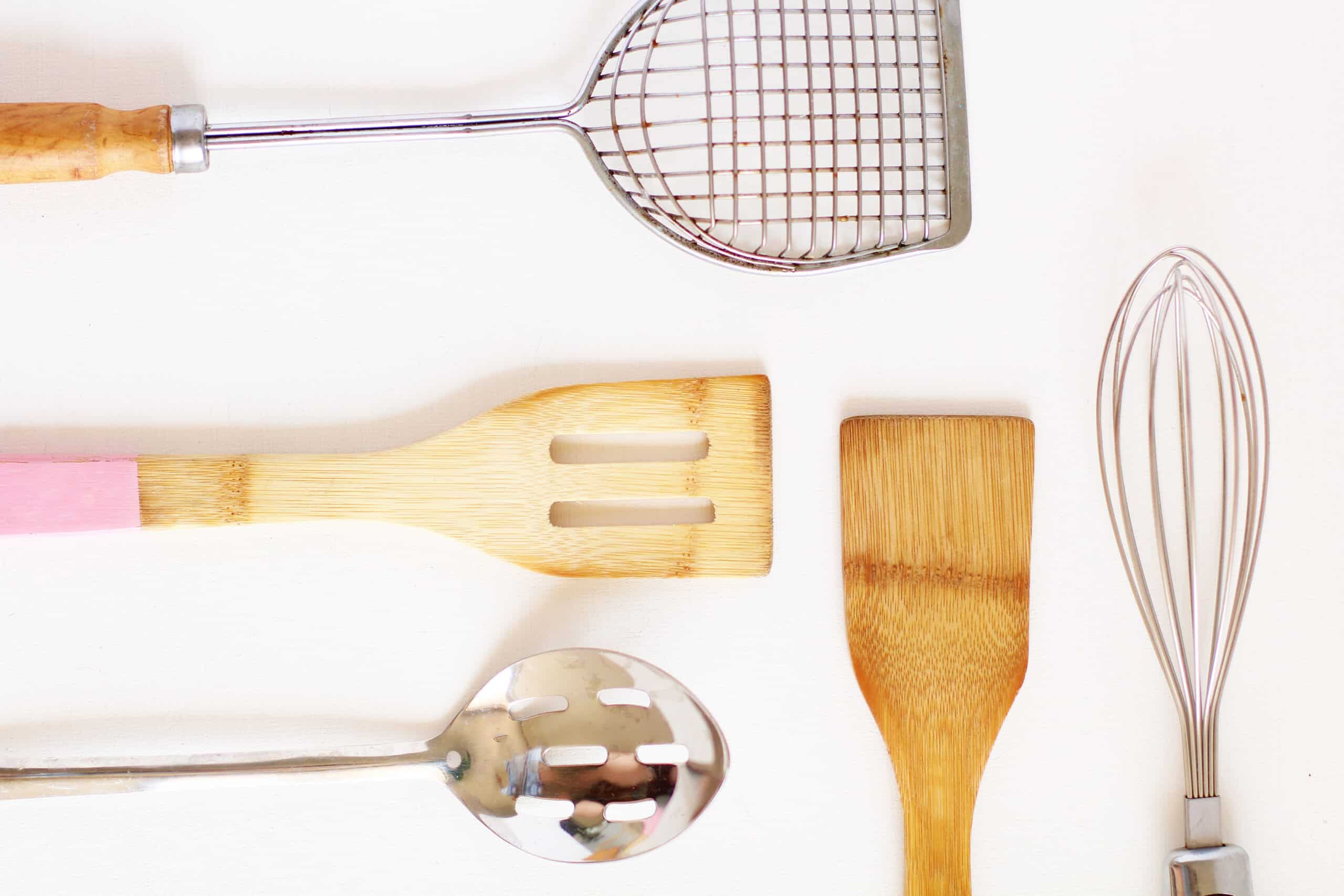
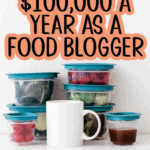
Leave a Reply